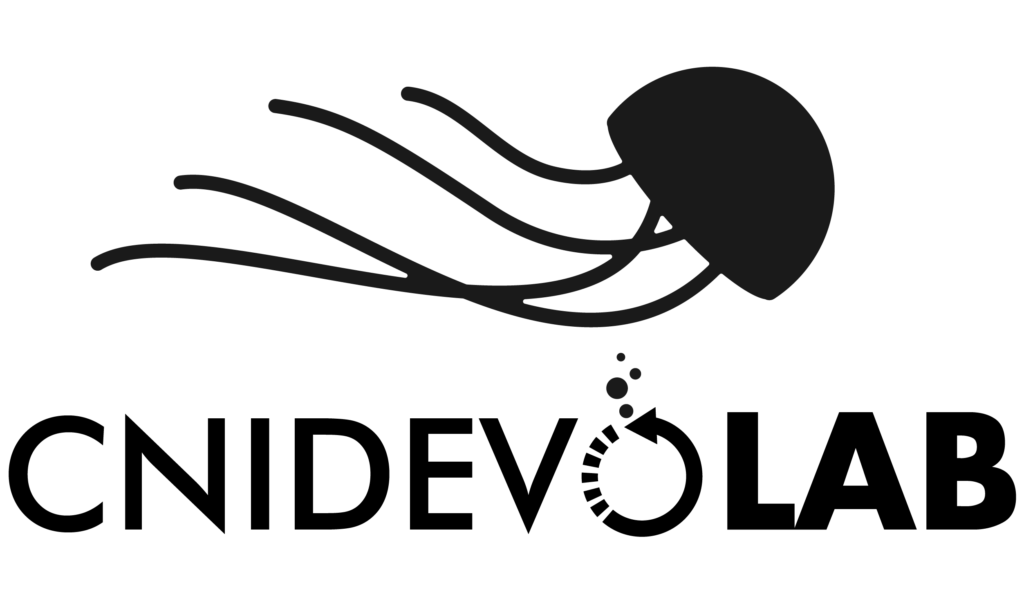© LBDV / L.de Waal

The team is part of the SAFE Labs « Starting Aware Fair & Equitable Labs” initiative, started in 2024 by a group of new team leaders, with the aim of creating a healthy and enriching research environment. You can read more about it here: https://safelabs.info/
The SAFE Lab initiative proposed a series of guidelines, to help building a positive lab culture. Every lab is different, and you can read our public version of the Handbook here: SAFE_Labs_Cnidevo_2025
Lab Code of Conduct
As a research team, we are committed to maintaining a professional, inclusive, and supportive working environment where all members can succeed and contribute meaningfully to science.
All lab members are expected to act with integrity, accountability, and mutual respect in all scientific and interpersonal interactions, while upholding high standards of rigor, collaboration, and ethical conduct.
We invite motivated Bachelor and Master students with training and interest in evolutionary biology, systematics, developmental biology, cell biology, or computational biology to apply for an internship in the team.
We regularly post offers for specific projects, however we are always happy to receive inquiries from students, willing to work on regeneration, image analysis, cnidarian development, biophysics or phylogenomics.
In case you are interested in joining us, we ask to send us your CV and a specific motivation letter (please, avoid submitting generic, AI-generated letters!).
You can find further details on how internships work at CNRS in the Safe Lab Handbook (see above).
Small disclaimer: at times we receive many emails, if we do not get back at you, do not hesitate to send us a reminder.
PhD project on Pelagia muscle development (2026-2029)
We are currently looking for a motivated student interested in studying the differentiation and contractility of Pelagia muscles. Please contact Lucas for more details.
We regularly post avalaible offers and are always happy to receive inquiries from motivated candidates. We invite candidates to read the information in the SAFE Lab Handbook, however these are the main points:
For perspective PhD students
We are affiliated to the PhD School of Sorbonne University « Complexity of Life ». Every year we will select one candidate to present to the yearly competition for a fellowship, which takes part usually at the beginning of July. The selection of candidates is done in May. We invite candidates to directly contact us well before, in order to discuss options and do not rely solely on the submission of candidatures through the Adum platform (no automatic emails are sent out).
PhDs can also be supported by:
- charities or foundations (e.g. Ligue Contre le Cancer) – please get in contact well ahead to discuss project options and requirements;
- lab grants.
For perspective postdocs
Postdocs can be supported by either:
- a personal grant, either international (e.g. EMBO or Marie Curie fellowship) or national (e.g. FRM fellowship). As there are relatively few options in France for postdoc grants, we invite candidate to contact us well ahead of deadlines;
- lab grants.
We will post avalaible employment offers here and on the CNRS website.
Please, be aware of the fact that unpaid lab assistants positions do not exist in France.
You can read more about working with CNRS in our SAFE Lab Handbook.
